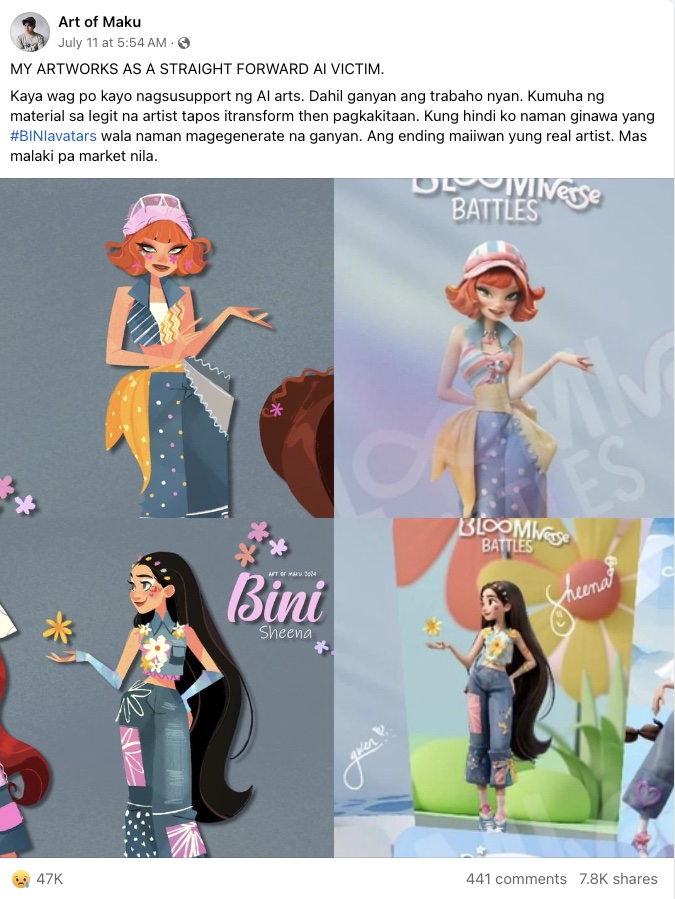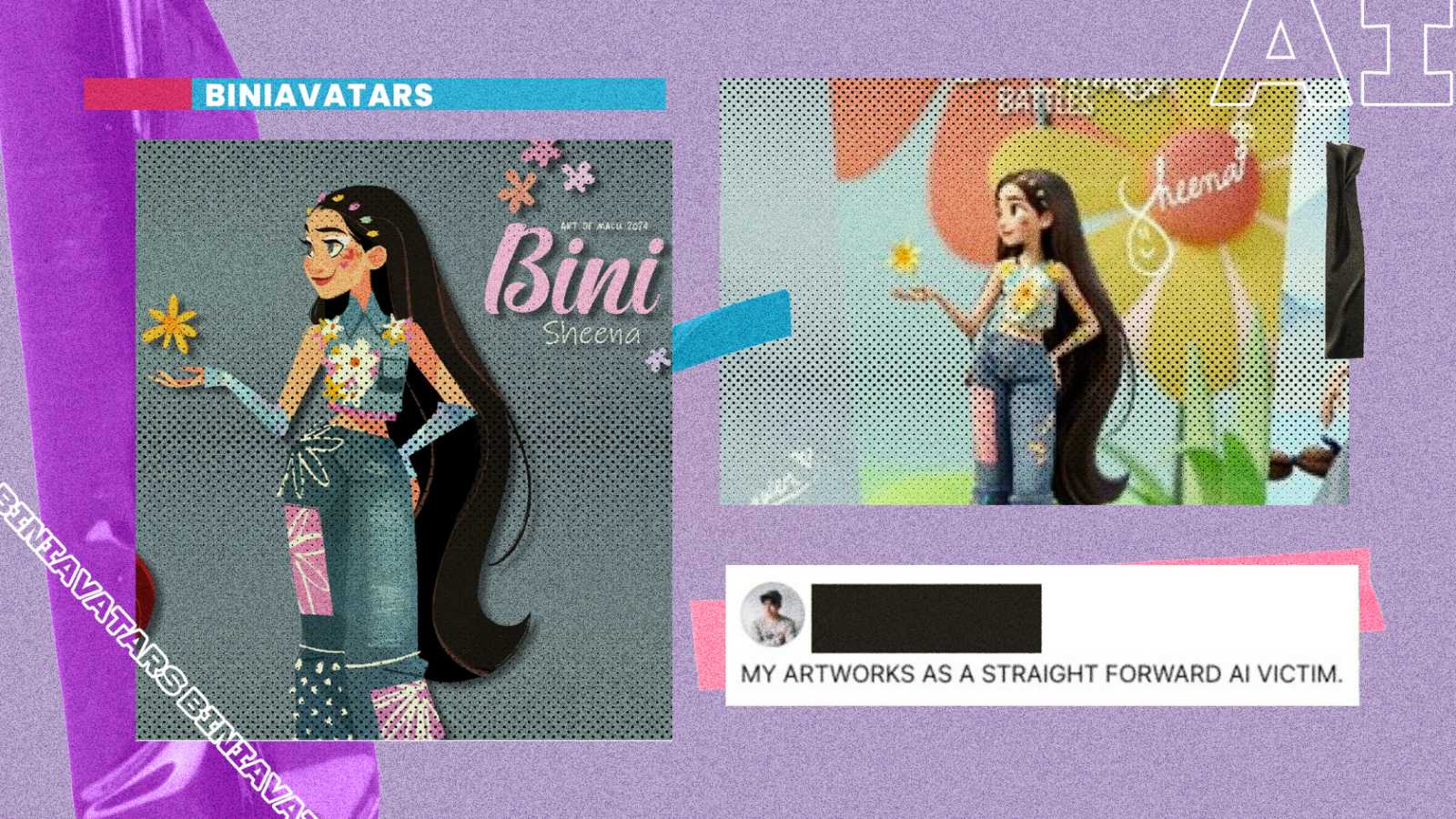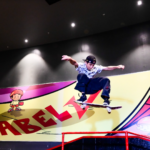In the contemporary art world, the rise of artificial intelligence (AI) has sparked a heated debate regarding its ethical implications and impact on traditional artists.
The recent post by Art of Maku poignantly illustrates the frustrations and concerns of artists who find their work being appropriated and transformed by AI technologies, often without proper credit or compensation. This article delves into the issues raised by Art of Maku, shedding light on the broader implications for the art community.

Art of Maku’s post captures a growing sentiment among artists: “My artworks as a straightforward AI victim. Kaya wag po kayo nagsusupport ng AI arts. Dahil ganyan ang trabaho nyan. Kumuha ng material sa legit na artist tapos itransform then pagkakitaan. Kung hindi ko naman ginawa yang #BINIavatars wala naman magegenerate na ganyan. Ang ending maiiwan yung real artist. Mas malaki pa market nila. [My artworks as a straightforward AI victim. So, please do not support AI arts. Because that’s how it works. It takes material from legitimate artists, then transforms it and profits from it. If I hadn’t created those #BINIavatars, there wouldn’t be such generated works. In the end, the real artists are left behind. Their market is even bigger.]”
The message warns against supporting AI-generated art, highlighting how AI systems exploit genuine artists by transforming their original works into profitable products, leaving the true creators marginalized and undervalued.
The use of AI in art creation poses significant ethical questions. AI algorithms often rely on vast datasets, which include artworks created by human artists. These datasets serve as the foundation for AI systems to generate new images, styles, and compositions. However, this process often involves the unacknowledged use of existing artworks, raising issues of intellectual property and fair compensation.
The art of Maku’s experience exemplifies this dilemma. The creation of #BINIavatars, an original artistic endeavor, has been co-opted by AI technologies, resulting in derivative works that compete in the same market. This not only undermines the originality and value of the artist’s work but also shifts market dynamics in favor of AI-generated content, which can be produced rapidly and at a lower cost.
In this day and age, the dominance of AI-generated art in the market potentially poses a threat to traditional artists. With AI art being easily accessible and often more affordable, the demand for original, human-created art may diminish. This trend could lead to a devaluation of human creativity and a significant reduction in opportunities for artists to earn a livelihood from their craft.
The post by Art of Maku highlights a critical issue at the intersection of art and technology. As AI continues to advance, it is imperative to strike a balance that respects and upholds the contributions of human artists. By fostering a market that values originality and creativity, and by implementing fair and transparent legal protections, we can ensure a future where both AI and traditional art can coexist, enriching our cultural landscape rather than diminishing it.
Art of Maku’s experience is a stark reminder of the need for vigilance and advocacy in the face of technological advancements. It is a call to preserve the soul of art—a call that must be heeded if we are to maintain the richness and diversity of human creative expression.
Other POP! stories that you might like:
‘Digital preservation under threat’: Internet Archive battles legal challenges
Another ‘disturbing’ trend emerges: Visiting the late 90s actor Rico Yan’s grave
Nostalgic Tracks: Rewinding the ‘Jeje’ beats of the 2000s
Filipinos poke fun at American singer Chappell Roan’s photos for ‘giving Recto energy’



